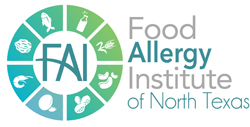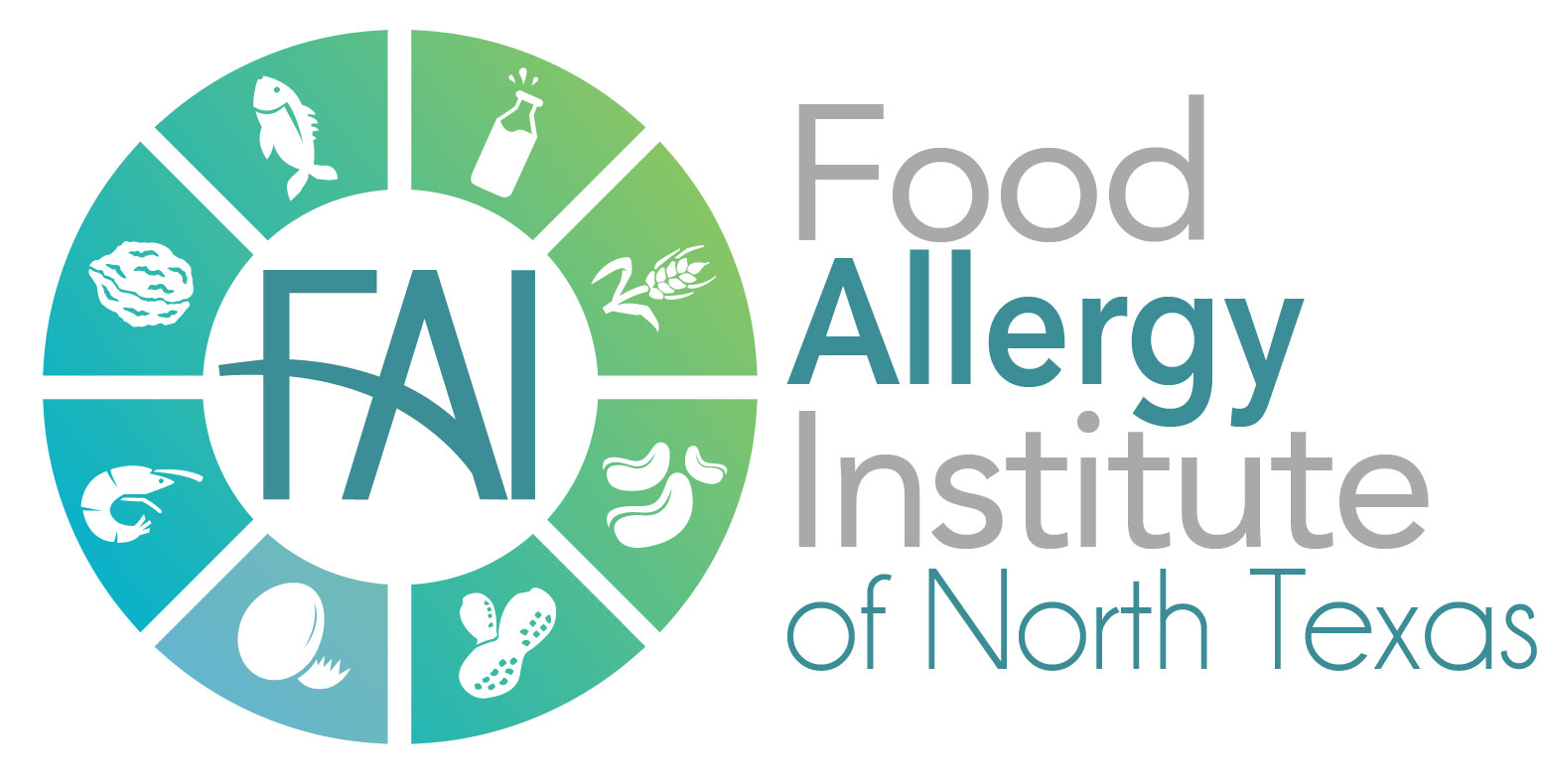14 Jul 10 Tips for the Newly Diagnosed Food Allergy
A food allergy diagnosis can be overwhelming. Following these tips will help get you started.
1. Know your allergen
- Learn common sources of your allergen and what other names they might go by.
- Always read food labels. Food Allergy Labeling and Consumer Protection Act (FALCPA) has mandatory food labeling for the most common food allergens (milk, wheat, egg, peanut, tree nuts, fish, shellfish, and soy).
2. Learn what a food allergy means
- Find out if your allergist does a “newly diagnosed education session”. At our clinic we offer this. It is a one-hour one on one session with our food allergy specialist who goes over how to live with your allergy, read labels, etc. We know that the first appointment when you are given the diagnosis is overwhelming, this session allows you to come back prepared with all the right questions to ask.
- Food allergies must be taken seriously. Complete avoidance of your allergen is critical.
- Realize that reactions are unpredictable. Even though one reaction might have only been hives, the next one could be anaphylaxis.
3. Always carry epinephrine auto-injectors.
- Keep them at a safe temperature and replace before their expiration date.
- Wherever you are, epinephrine should be easily accessed.
4. Have an Emergency Care Plan and share it with others
- Make sure that every caregiver knows the plan and is trained in how to use an epinephrine auto injector.
5.Wear Medical Identification
- This is very helpful in case of emergency.
6. Know the possible signs of anaphylaxis
- Learn how anaphylaxis can manifest itself.
- Delaying epinephrine can be a life or death decision.
7. Visit safe websites
- Food Allergy Research & Education (www.foodallergy.org) is a great place to start for information on food allergies and links to resources.
8. Join a local support group
- Gaining support from others is a great way to become empowered.
- For a list of support groups in your area go to www.foodallergy.org
9. See your allergist once a year
- Allergies can evolve and some can be outgrown over time. See your allergist for more information about the status and potential treatments for your allergy.
10. Stay connected and educated
- Visit credible websites, read blogs, and stay connected to information sources that will keep you up to date on your allergy.


